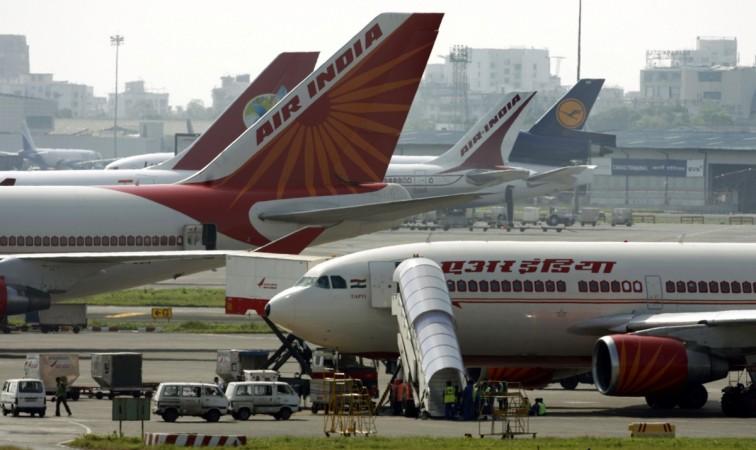
For about a decade now, the news about an initial public offering (IPO) for flag carrier Air India has been playing hide and seek with stock market enthusiasts at one end and the government at another.
Economic Survey 2017 makes interesting observations on Air India
Now, the latest we hear is that the government is planning to bring banks as strategic investors in Air India and then proceed with a public listing of the national airline, as reported by the Mint, which cited "two persons familiar with the plan."
Air India's IPO talks synergise with an ill-fated merger with Indian Airlines in 2007. The merger, which was then said to be gaining high market share for the merged entity and making profits, turned into a disaster, primarily due to poor management practises and improper planning. Questions regarding whether Air India would actually survive started doing the rounds after the management decided a fleet expansion amid tough competition from better-run private airlines. And that resulted in soaring losses for the national carrier.
In 2012, as part of its financial restructuring plan to turn around the airline, the government decided to infuse approximately Rs 30,000 crore in the ailing airline. The airline has so far received Rs 23,993 crore.
Now, the government, while continuing its efforts to recast Rs 28,000 crore of working capital debt that Air India owes a consortium of 19 banks led by State Bank of India, wants the banks to convert this debt into equity.
The airline reported a loss of about Rs 3,587 crore in 2015-16, down from a loss of Rs 5,859 crore in the previous year. Currently, it has a debt of about Rs 50,000 crore.
While talks of an IPO are underway, privatisation of the airline isn't on the cards. The IPO is expected to bring in much-needed liquidity infusion and accountability. The proceeds of the IPO would be pumped into activities like expanding the fleet of the airline.
In 2012, erstwhile civil aviation minister Ajit Singh had said that no IPO is possible before 2020 as the carrier is expected to return to profits only after 2018. According to the Securities and Exchange Board of India (Sebi) rules, for an IPO, a three-year track record of consistent profit making is required.
Under the latest initiative, once banks agree to convert their debt into equity, the government may hire professionals with proven financial and strategic management skills to manage the airline, the sources told the Mint. After that, the government will consider listing Air India.

















